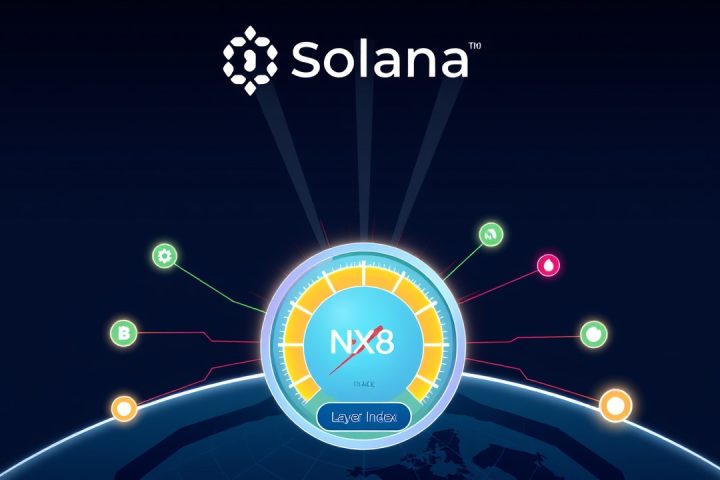Introduction to BITE Protocol
In an innovative move within the blockchain space, SKALE Labs has introduced its BITE Protocol, touted as the first consensus-level tool designed specifically to mitigate the issue of Maximal Extractable Value (MEV), commonly referred to as Miner Extractable Value. This development aims to enhance transparency and fairness across blockchain operations.
BITE: Blockchain Integrated Threshold Encryption
The acronym BITE stands for Blockchain Integrated Threshold Encryption, a methodology that protects transaction details until a block is officially confirmed. This means transactions are encrypted prior to entering the mempool, ensuring that their contents remain secure and undisclosed until the block finalization process is complete.
Benefits and Industry Impact
The implementation of BITE is poised to benefit a variety of sectors, including decentralized exchanges, NFT marketplaces, lending platforms, on-chain gaming, prediction markets, and real-world asset tokenization. The SKALE team emphasizes that ensuring transaction fairness and privacy is crucial for the successful integration of traditional assets into blockchain networks.
Understanding MEV and Its Implications
Maximal Extractable Value (MEV) represents the potential profit that miners, validators, and operators can derive from manipulating the order of transactions awaiting confirmation. According to industry reports, MEV extraction has accumulated over $1.8 billion since 2020. The BITE Protocol’s operation is beneath conventional transactional visibility, directly linking its cryptographic capabilities to the blockchain’s consensus mechanisms, effectively leveling the playing field for all users and enhancing the perceived integrity of blockchain transactions.
A Shift Towards Fairness
The protocol is designed to align blockchain transactions more closely with the standards of traditional finance, effectively eliminating common exploitative practices such as front-running. This has historically caused issues as more established financial entities enter the blockchain arena.
BITE’s transformative approach aims to shift the dynamics from an environment typically favoring privileged participants to a system where all users access identical information simultaneously—enabling a more equitable market as anticipated in traditional finance while preserving the decentralized ethos of blockchain technology.
Recent Milestones at SKALE Labs
In tandem with this launch, SKALE Labs recently reported a significant milestone in its operational capacity, revealing that April marked the first time the network exceeded 100 million transactions in a single month. This achievement underscores SKALE’s capabilities to handle high-throughput applications without incurring gas fees.
Additionally, April saw the rollout of an updated Block Explorer (version 2.2.0), enhancing user interface features, contract management, and overall chain navigation capabilities. The GameFi ecosystem further expanded with the addition of three titles—Cropbytes, For Loot and Glory, and GoArt Worlds—all integrated without any gas fees.
Growth Metrics
Despite facing uncertain market fluctuations, SKALE recorded nearly 250 million transactions and 9.7 million unique active wallets in the first quarter, representing notable quarter-over-quarter growth rates of 46% and 33%, respectively.
CEO’s Remarks on BITE Protocol
Regarding the launch, SKALE Labs’ CEO Jack O’Holleran remarked that the BITE Protocol signifies a pivotal advancement in blockchain technology. He emphasized that it not only encrypts consensus processes but also effectively eliminates MEV issues such as front-running and other exploitative strategies. “Rather than relying on temporary fixes to address the MEV dilemma, BITE tackles the problem at its core with cryptographic assurances embedded within the consensus framework,” O’Holleran stated.
Market Assessment
As of the latest market assessment, the SKL token is priced at $0.0217, reflecting a 5% increase over the day, a 15% rise over the month, although it has faced a 10% decline over the past week and a substantial 70% drop over the past year.




